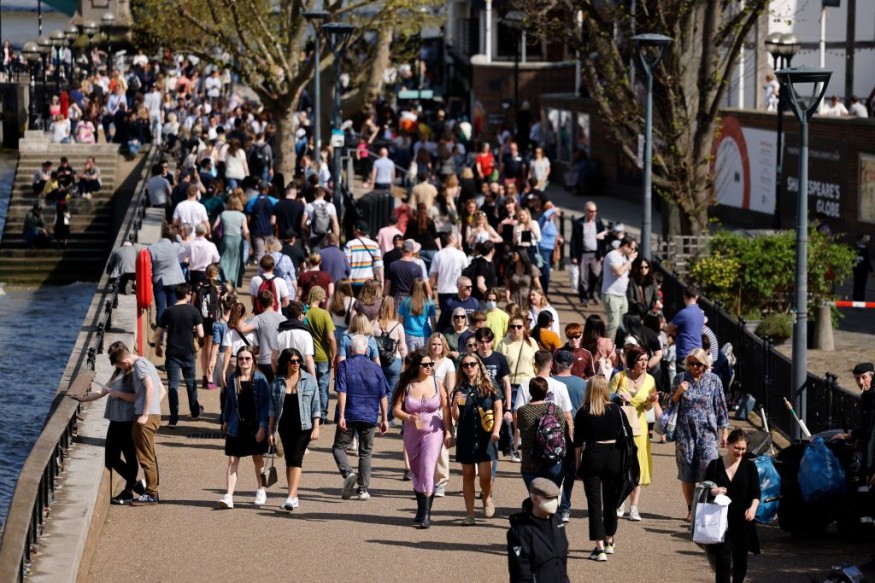At this point, there are 8 billion people on Earth. What's the next step for us? In just 12 years, we have gained a billion people. How we address climate change will affect the Earth and our well-being.

Population Boom
Though the precise moment is unknown. Census data is decades old in some areas of the world. Some nations found it nearly hard to report every fatality during COVID-19. Even complex computer simulations can be inaccurate by a year or more. It's different from a complete head count of every person conducted.
But because of the importance of this time, the UN has proclaimed November 15 as the "Day of Eight Billion." Thanks to increased medical treatment, cleaner water, and sanitary advancements, which have helped lower the frequency of disease, people are living longer worldwide. Irrigation and fertilizers have increased agricultural yields and enhanced nutrition. More children are being born and dying far less often in many different countries.
Environmental Impact of Reaching 8 Billion
Of course, the difficulties we confront as the world's population grows are also quite important. Many sections of the seas are being damaged by pollution and overfishing. As humans destroy forests and other wildlands for construction, agriculture, and the manufacture of wood-based goods, wildlife is vanishing at an alarming rate. The biggest threat to biodiversity, food security, and access to water for drinking and farming has existed. It is rapidly becoming a result of a changing climate fueled by a global energy system still mostly fuelled by fossil fuels. And that is just the population that we now have.
Our environment is under tremendous stress due to the quick expansion of the human population. Developing nations are under increased pressure to compete economically, yet their industrial breakthroughs are harmful as wealthier countries continue to destroy the environment and deplete their resources. The pressures this increase is placing on the environment globally endanger the continuation of sustainable human life.
Global warming is one of human population expansion's most significant environmental repercussions. Some experts worry that future global warming will cause severe weather and rising sea levels. Forests are being lost at a startling rate due to the expanding population. Humans are still using the natural resources of our world. The indiscriminate use of fuel and energy is depleting many non-renewable resources. A lack of food and water is a problem in many regions of the world.
What Can We Possibly Do?
Greater demands are placed on our already few resources by the growing population. The increasing population of the world is having a negative impact on the environment. To guarantee that life on Earth will continue to be sustainable throughout the twenty-first century, critical issues must be addressed, including the depletion of resources and biodiversity, the generation of waste, and the destruction of natural habitats.
Related Article: "We are Nearing Irreversible Climate Breakdown" Climate Study Claims
For similar news, don't forget to follow Nature World News!
© 2025 NatureWorldNews.com All rights reserved. Do not reproduce without permission.





